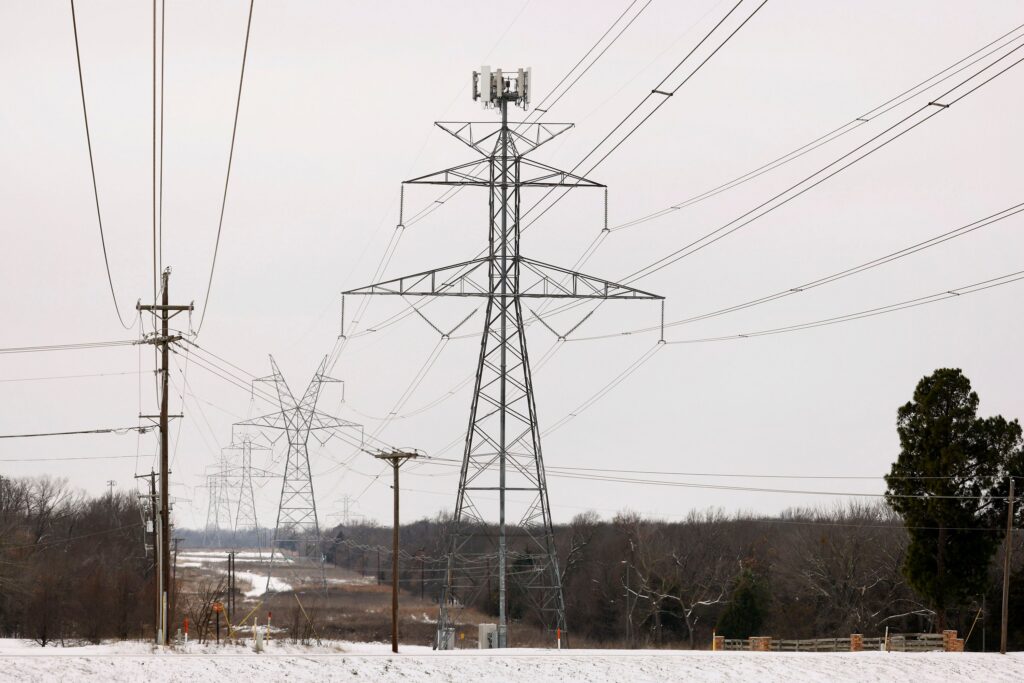Nordberg: Repeal oil export ban for security’s sake

Protection. It’s a powerful motivator.
It’s why we fund defense and intelligence to keep us safe from those in the world who don’t share our values and wish us harm. It’s why we lock our doors at night to provide confidence and comfort for our loved ones. It’s the motivation behind keeping us from exporting crude oil. We need to take care of our own first and insulate ourselves from the vagaries and volatility of an unpredictable global market.

It is this thinking that led to the creation of the 1975 Energy Policy and Conservation Act, which, among other things, established the ban on crude oil exports. Oil production in the United States seemed to be in permanent decline, and ensuring that American citizens had the energy we needed was indeed a noble cause. But something amazing happened in the last 15 years as U.S. oil and gas producers seized technology and mounted a remarkable comeback.
Combining the technologies of horizontal drilling and hydraulic fracturing, the United States unlocked oil and natural gas previously thought impossible to extract, and did so in remarkable quantities. Whereas as recently as 2005, we imported more than 60 percent of our oil (much of that from OPEC), just last year we imported less than 30 percent, much of that coming from our North American allies.
We have even become the leading combined oil and natural gas producer in the entire world, surpassing both Russia and Saudi Arabia. The shale revolution in the United States has changed the global dynamic of energy production, yet, despite this change, our archaic policy of prohibiting crude oil exports remains.
It’s not like energy exports are an alien concept to the United States, either. Exports of refined products such as gasoline and jet fuel are allowed, yet the prohibition on crude oil remains. Why?
As you consider that question, think again about protection as a motivator. We have our supply shored up, and no doubt access to additional markets would spur more activity and technological leaps forward from oil and gas producers, further ensuring U.S. prosperity and energy security. But what has happened with the shale revolution in the United States has not happened all over the world.
An opinion piece in the Wall Street Journal earlier this year by former Secretary of Defense Leon Panetta summarizes the precarious nature of many of the world’s leading energy producers. Civil war in Libya, a poorly managed economy in Venezuela, unrest in Iran and, most notably, Russia’s overwhelming supply dominance over Europe. Russian gas accounts for more than 25 percent of supply in all of Europe, with many countries in Eastern and Central Europe exceeding more than 50 percent.
Providing our allies with alternative supply decreases the leverage of unstable and unfriendly nations while diminishing financing for acts of aggression, such as Russia’s activity in Ukraine and Syria. Since the shale revolution has galvanized not only our economic but our national security, we owe it to our allies to provide them the same level of protection.
Often when we think about security, we think only about military activity and how best to manage violent conflict. What we should think about more are ways in which our abundance can decrease the power of unfriendly nations while emboldening the confidence and security of our allies. Lifting the ban on U.S. crude oil exports can serve a powerful tool in achieving this dual purpose.
This is why I was proud to be a part of the coalition of 90-plus co-signers, headed by Vital for Colorado, of a letter sent to the Colorado congressional delegation encouraging their support of the repeal of the crude oil export ban. A bevy of nonpartisan organizations have conducted studies touting the economic benefits of lifting the ban, but they rarely touch on one of the most powerful reasons we should support overturning this well-meaning, but ultimately counterproductive, prohibition.
Protection. Providing protection to our allies should motivate us to lift this outmoded ban and help us come closer to realizing our goal of a more secure world.
State Rep. Dan Nordberg, a Colorado Springs Republican, serves on the House Business Affairs and Labor Committee and the House Transportation and Energy Committee.













